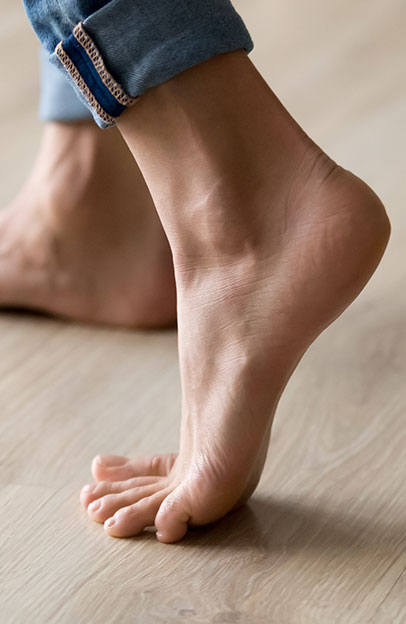Avoiding Fractures Later in Life
One of the leading causes of disability in elderly people revolves around fractures later on in life. As we age, fractures become more likely due to general weakness and brittleness in the bones or the loss of calcium, known as osteoporosis. Similarly, our surroundings, habits, activities and general health can all play a part in the likelihood of a traumatic situation such as a fall. As we age, recovering from a fracture becomes more difficult – therefore prevention is key. In this blog post, we offer some concrete advice on how to prevent fractures and minimize the chances of a life-changing injury.

Your Surroundings
Anything in your surroundings that would promote a trip or fall should be modified to minimize the risk of fractures. As we age, it is recommended that one lives in a single-story house to minimize the ups and downs associated with stairs – a leading fall risk. Within the house, eliminating clutter and keeping wires and cords away from walking areas is very helpful. Retrofit bathrooms and other slippery areas to reduce the risk of a slip and fall.
Your Habits
As we get older, rubber soles become our friends. Be sure to always wear shoes or sneakers with newer, gripping rubber soles. This is true even around the house. It may be tempting to wear only socks but remember this increases the risk of a slip and fall. If you have a cane or a walker, be sure to use them whenever possible.
Your Activities
Lighting the area before walking, especially at night, is critical to seeing any impediments that might be in your way. Avoiding potentially dangerous activities such as home repair, especially climbing ladders, is critical to bone health.
But limiting more dangerous activities does not mean limiting all activity. In fact, it is very important to get plenty of exercise, especially weight bearing exercise, to build muscle and support the skeletal system. Make sure to follow your doctor’s exercise protocol closely.
Your Health
Your general health also plays a significant role in preventing trips and falls. Be sure you get your annual checkup or visit your physician more frequently, if your doctor suggests. Heart disease, pulmonary disorders, eye problems and more can all cause dizziness or loss of spatial awareness that can lead to a fall.
If you have been diagnosed with osteoporosis or a loss of calcium in the bones, you should follow your doctor’s orders to manage it. First, make sure you take your medication, which reduces the risk of fracture. Further, make sure you are not deficient in vitamin D and get the appropriate amount of calcium every day whether through food or supplements.
If you have recently had an injury, be sure to complete your entire course of physical therapy and only perform activities that your doctor allows for your progression in the recovery. Trying to get back to normal activity too soon can be detrimental. Further, if you were taking narcotic medication, be especially careful when walking or performing household activities as your balance and motor skills may be diminished.
Ultimately, we encourage you to rely on family, friends and your medical team to help you with practical ways to prevent slips and falls now and in the future. Of course, if you do experience a hard fall, be sure to see a qualified and experienced orthopedic surgeon such as Dr. Manning to diagnose and treat any possible fractures.








